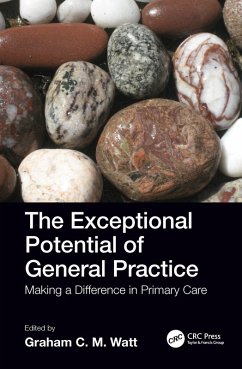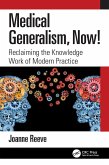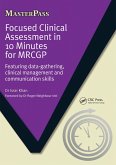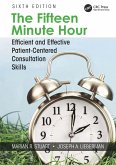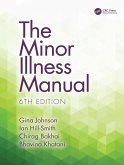"If health care is not at is best where it is needed most, health inequalities will widen."
"The unworried unwell are not hard to reach but they are easy to ignore and are often ignored."
"With patient contact, population coverage, continuity, coordination, flexibility, long term relationships and trust, general practices are the natural hubs of local health systems."
"... practitioners ... are not only scientists but also responsible citizens and if they did not raise their voice who else should?"
Written for family doctors looking to strengthen local collaboration, it brings together the traditional strengths of consultations, caring, continuity, coordination and coverage with the current and future challenges of building capacity, community, creativity, consistency, collegiality and campaigning. It highlights the critical importance of working with patients, maximising the use of serial encounters, integrating care, joint working between practices, social prescribing, community development and advocacy based on patient and practitioner experience.
Drawing on the highly-regarded work of Deep End GPs serving the poorest communities in Scotland ¿ www.gla.ac.uk/deepend ¿ the book is an invaluable handbook for all primary care doctors, irrespective of health care system or country, seeking to provide unconditional continuity of personalised care for all patients, whatever problem or combination of problems a patient may have.
Dieser Download kann aus rechtlichen Gründen nur mit Rechnungsadresse in A, B, BG, CY, CZ, D, DK, EW, E, FIN, F, GR, HR, H, IRL, I, LT, L, LR, M, NL, PL, P, R, S, SLO, SK ausgeliefert werden.

